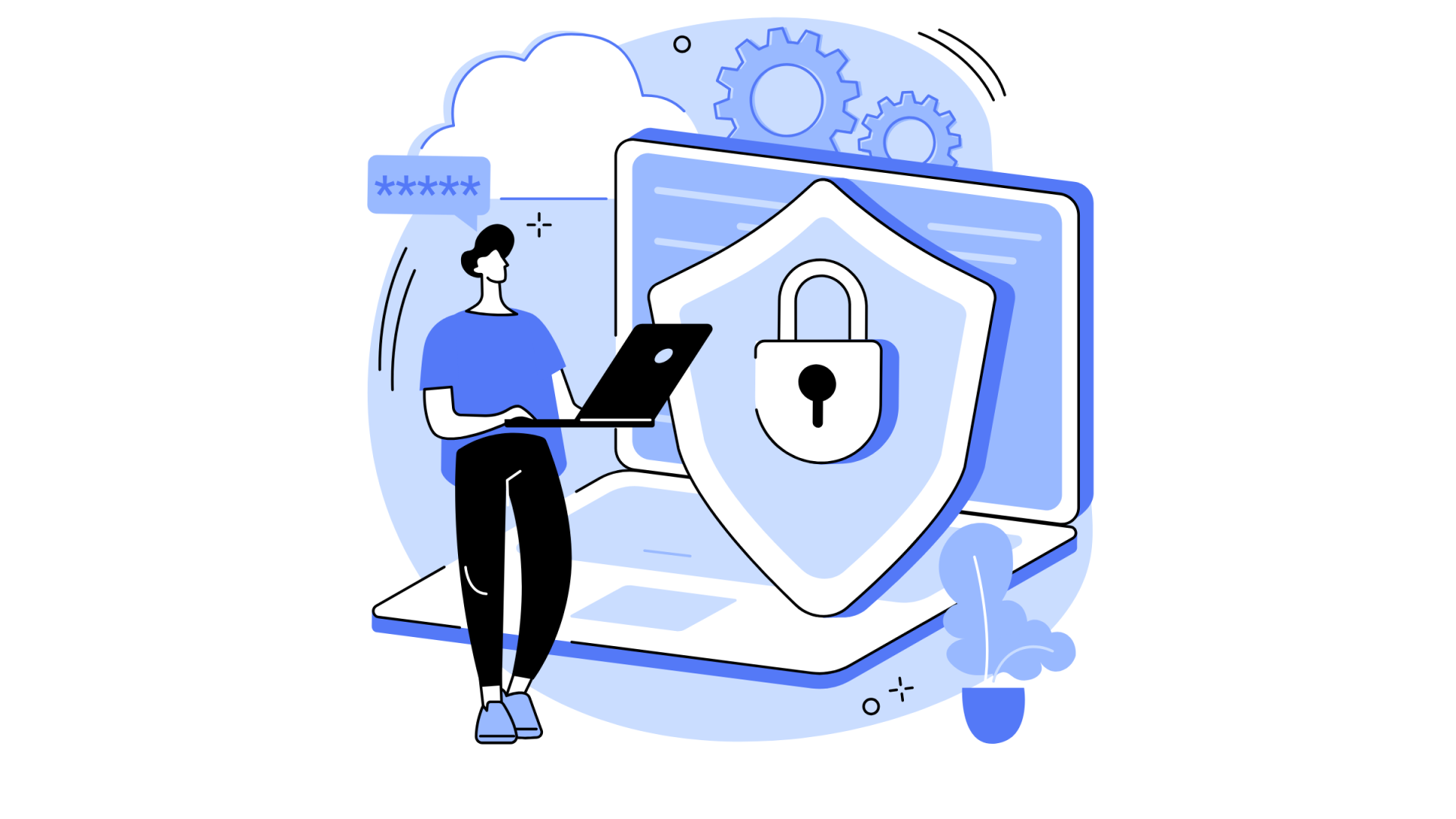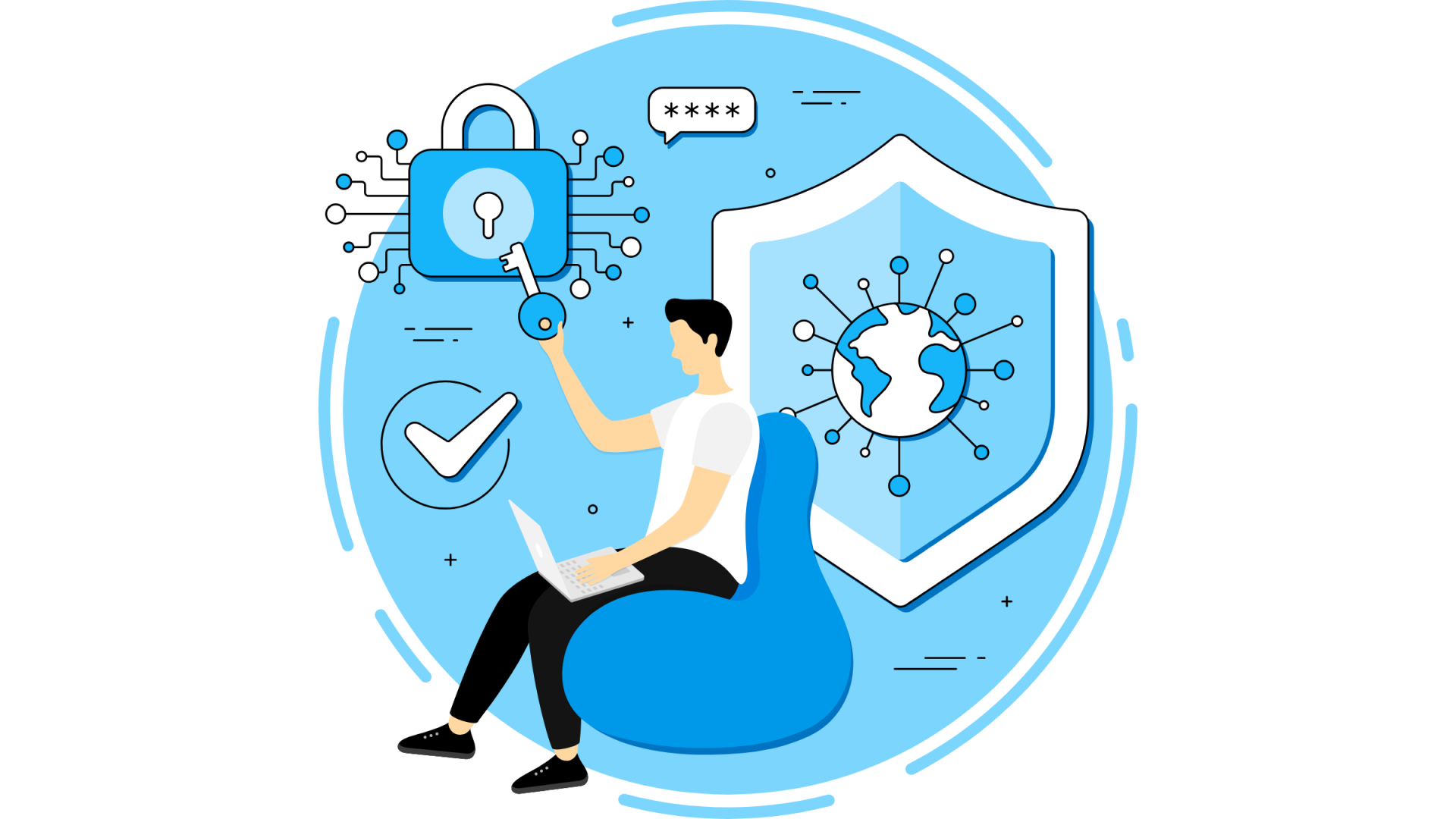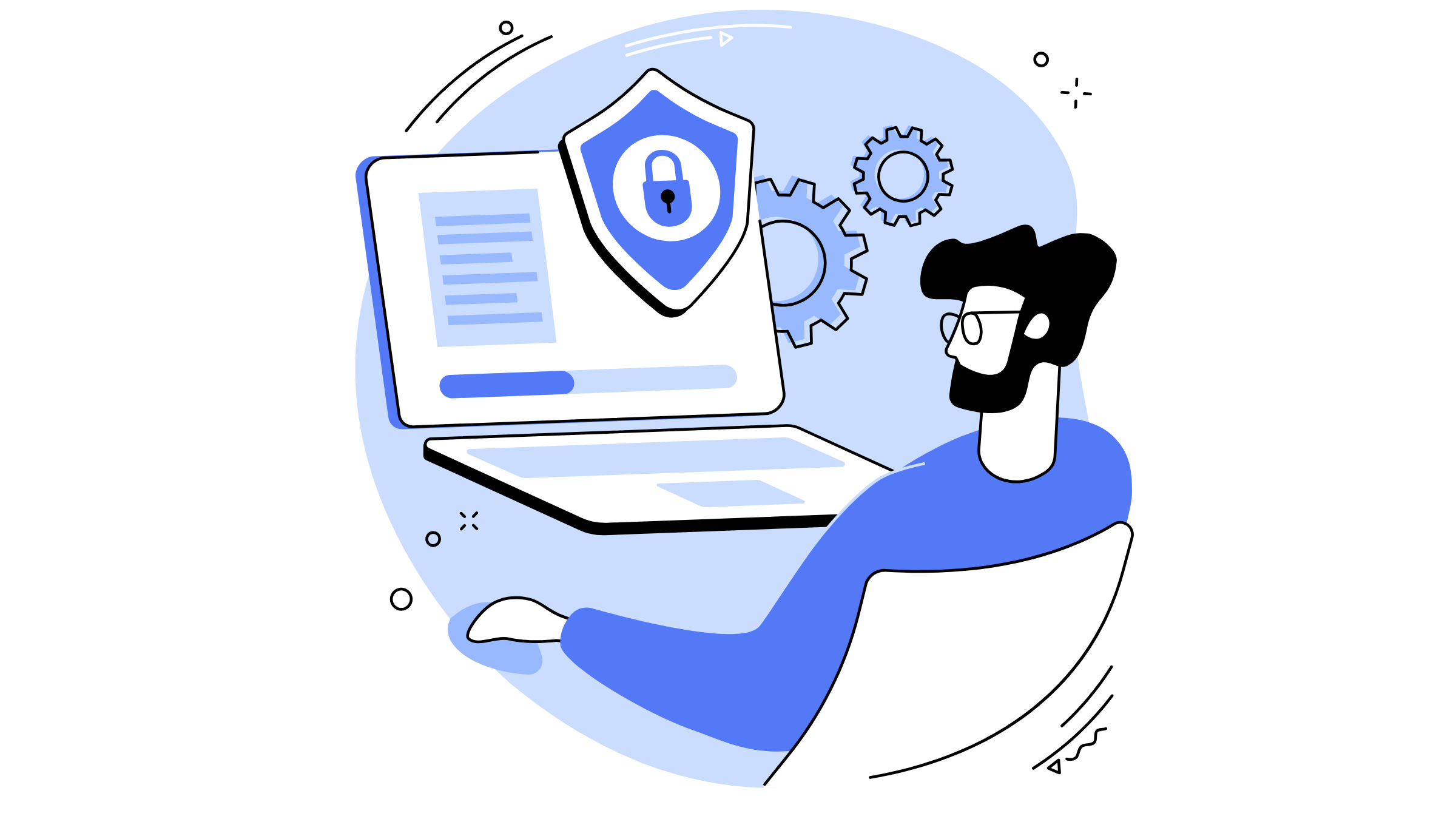Introduction
Understanding Cyber Security
Cyber security refers to the practice of protecting computers, servers, networks, and data from digital attacks. It encompasses a range of measures and technologies designed to prevent unauthorised access, data breaches, and other malicious activities. Understanding the basics of cyber security is essential for businesses to develop effective strategies to protect their online assets.
The Importance of Cyber Security for Businesses

In today's digital age, cyber security is not just an option but a necessity for businesses of all sizes. The consequences of a cyber attack can be devastating, ranging from financial losses to damage to your brand's reputation. Understanding the importance of cyber security and its impact on your business is crucial for developing an effective defense strategy.
Common Cyber Threats and Vulnerabilities
Tips for Creating a Strong Password


Educating Employees About Cyber Security Best Practices


Conducting Regular Security Audits and Assessments

Investing in Robust Antivirus and Firewall Solutions
Conclusion


